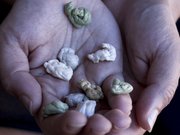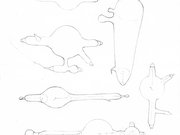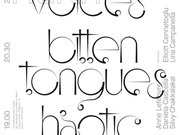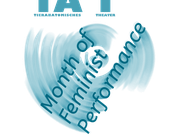Zentralinstitut der Humboldt-Universität zu Berlin
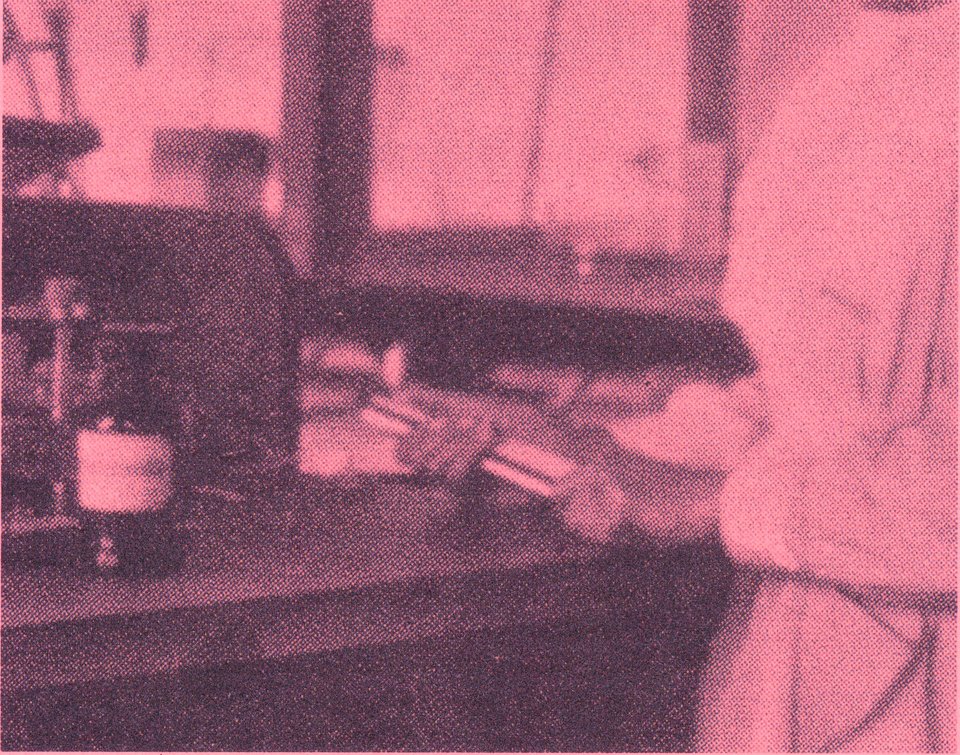
The history of science is a history of women!
August 2019 will be devoted to two performance series of Berlin based artists Dafna Maimon and Dominique Hurth. The works of these artists deal with the biographies of important women in history who have been neglected or scandalized. The performances tell about outstanding scientific achievements as well as about personal life stories, about discrimination and resistance at universities, in hospitals and households. Traces of these histories appear in scientific objects, archival documents, press clippings and the distant but insisting voices of the protagonists. The works were created in dialogue with scientific perspectives from gender studies, philosophy and the history of science.
Wary Mary
by Dafna Maimon
August 15th, 16th and 17th, 2019, each one at 7 p.m., duration about 60 min. (English)
Admission free, limited capacity
Dafna Maimon’s new piece scripts and performs two parallel narratives of disobedient women. The first narrative developed from personal contemplation of motherhood and consideration of contemporary forms of social pressure on women to reproduce and care. Maimon’s research brings in different and often taboo voices on women’s choice, such as Rachel Cusk’s novel A Life’s Work, which narrates the author’s pregnancy and first year with a colicky baby; and sociologist Orna Donath’s series of interviews with women who speak openly about their regret becoming mothers. These voices merge in the narrator’s attempt to connect the dots: are her personal wishes her own, or simply an expression of her social context? It is a struggle of both mind and body, as the piece features women who have been absurdly stretched and possessed, only to embody exaggerated notions of the Mother.
Alongside this contemporary narrative a second, historical woman haunts the scene: the figure of Mary Mallon or ‘Typhoid Mary,’ who became known around the turn of the 20th century as the first ‘superspreader’. She carried a disease without ever being sick herself. As one of the ‘Many Marys’ in Maimon’s story, Mary Mallon was eventually quarantined and served her sentence for unknowingly infecting her employers, though she never understood her own condition. Mallon was an immigrant, single, childless woman, so that designating her body as a threat to public health reflects layered social anxieties. Both narratives explore viral and psychological contagion — the woman’s body as a carrier, a site of both danger and reproduction — but do so within a grotesque, over-the-top scenario and amidst humorous embodiments of desires and fears.
The piece is part of the performance series ASSEMBLE, curated by Adela Yawitz and Anna Gien. Maimon’s artistic research was developed in dialogue with TA T and academic perspectives on studies and biopolitics at the Humboldt-Universität.
Dafna Maimon’s work can be described as a series of rebellious ‘emotional landscapes’. Her pieces have been shown at KW Institute for Contemporary Art and Galerie Wedding in Berlin, at Kunstverein Braunschweig, MoMa PS1 in New York, Musée d’art et d’histoire du Judaïsme in Paris, Kim Contemporary Art Center in Riga, Ujazdowski Castle Centre for Contemporary Art in Warsaw, Lilith Performance Studio in Malmö, and others. She has been artist in residence at Künstlerhaus Bethanien in Berlin, IASPIS in Stockholm, Lower Manhattan Cultural Council and at Skowhegan School of Sculpture and Painting in Maine, USA. Maimon is a founding member of the artist collective Conglomerate. Since 2016 she teaches video art at Bard College Berlin.
Soundless voices, bitten tongues, haptic hands
by Dominique Hurth
August 31th, 2019, Long Night of Museums
7 p.m., 8.30 p.m. and 10 p.m., duration about 30 min. (German and English)
»In history, they stand for a general scientific progress; yet as instruments they only exist in the moment in which they fulfill a specific task. Thus, at the moment I look at them, the objects are not. Silent, dustless, functionless, they are preserved under glass and aren’t.« – Dominique Hurth
In her work Soundless voices, bitten tongues, haptic hands, artist Dominique Hurth intertwines three object biographies with three women biographies, that have often been ignored or forgotten in official historiography. Lise Meitner (1878–1968), Elsa Neumann (1872–1902) and Lydia Rabinowitsch-Kempner (1871–1935) were three scientists that stand for ground breaking research in physics and microbiology: Meitner formulated the theory of nuclear fission, Rabinowitsch-Kempner described the transmission of tuberculosis. As women, they also stand for emancipation in the sciences. Neumann was the first woman in Berlin to receive a PhD in physics and Rabinowitsch-Kempner was the first woman to be appointed professor at the Berlin University, the precursor of Humboldt-Universität.In her three-part performance, Hurth occupies the silence created by the void and lets the women and objects speak. She researched the biographies of scientific objects and her three protagonists in various archives. Among them were the collection of historical physical instruments at the Humboldt-Universität in Berlin Adlershof, the archives of the Max Planck Society in Berlin Dahlem and the Churchill Archives Centre in Cambridge.
By using blown glass, Dominique Hurth has sculpturally transformed the objects for her performance. In this way, an induction foil, an ion tube and a series of pipettes get replicated and scaled up: air gets blown into the raw material in order to give it a form. It breathes through the material, a body alike, and it is air again that activates the objects through speech. For a moment the silent vessels gain voice, later return to the state of soundlessness. One usually bites a tongue to prevent oneself from saying something. Yet while activated, the sealed-off vessels explore what they can tell about the hands at the instruments in a speculative and polyphonic matter. The objects become subjects: they speak and act. They are being negotiated – being held, handled, spoken from.
Dominique Hurth is interested in the framing and reading of objects and historical events. Exhibitions a. o. at Palais de Tokyo in Paris, Fundacio Tapies in Barcelona, MAMO - Cité Radieuse in Marseille, Hordaland Art Centre in Bergen, after the butcher in Berlin, Hamburger Bahnhof in Berlin, MABA Nogent-sur-Marne, Haeler Echo in New York, Cuenca Biennale in Ecuador, IFP Beijing, Wildtsches Haus in Basel, Die Raum in Berlin and Joy Forum in Bergen. She was awarded several residencies and publishes frequently in artist editions and pamphlets.
Tickets at the box office and at the advance booking offices of the Long Night of Museums
Safer’s tickets before August 19th:
Regular tickets 12,- Euro (thereafter 18,- Euro
With concessions 10,- Euro (thereafter 12,- Euro)
Further information on the website of the Long Night of Museums:
www.lange-nacht-der-museen.de/en
Impress
Wary Mary by Dafna Maimon is part of the performance series ASSEMBLE. Curators: Adela Yawitz and Anna Gien, production assistant: Elsa Terenzani, performers: Rosalind Masson, Leah Katz, Emma Waltraud Howes, Lulu Obermayer, music: Nathan Grey, assistance costume design: Tea Palmelund, scientific references: Kerstin Palm, Humboldt-Universität zu Berlin, press: Wayra Schübel.
ASSEMBLE is funded by the Capital Cultural Funds, Berlin.
Soundless voices, bitten tongues, haptic hands by Dominique Hurth was created in cooperation with the Tieranatomisches Theater Berlin (2019). The script of the performance was developed in dialogues with the philosopher of technology Anne Lefebvre (ENS Paris-Saclay), the author Daniela Cascella (Sheffield Hallam University) and the cultural anthropologist Silvy Chakkalakal (Humboldt-Universität). Performers: Elliott Cennetoglu and Lina Campanella, production and research assistant: Zoé Thonet, curator Tieranatomisches Theater: Felix Sattler.
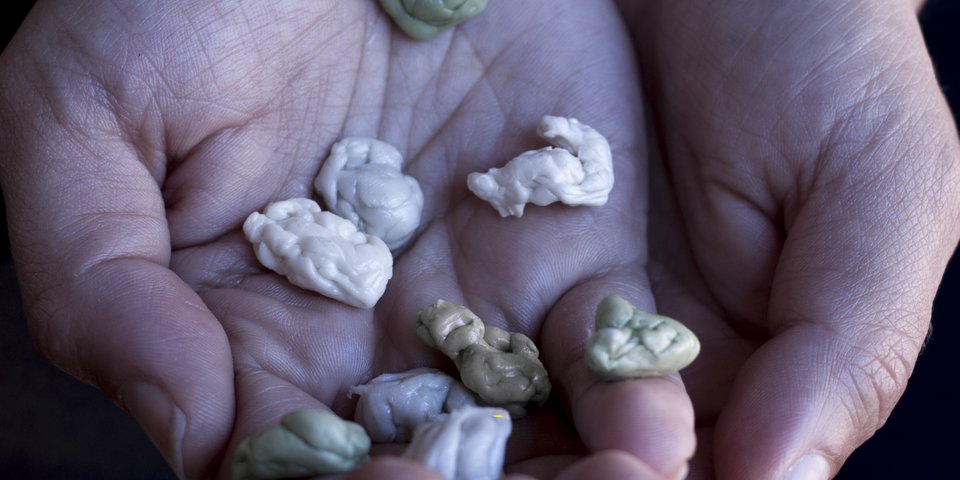
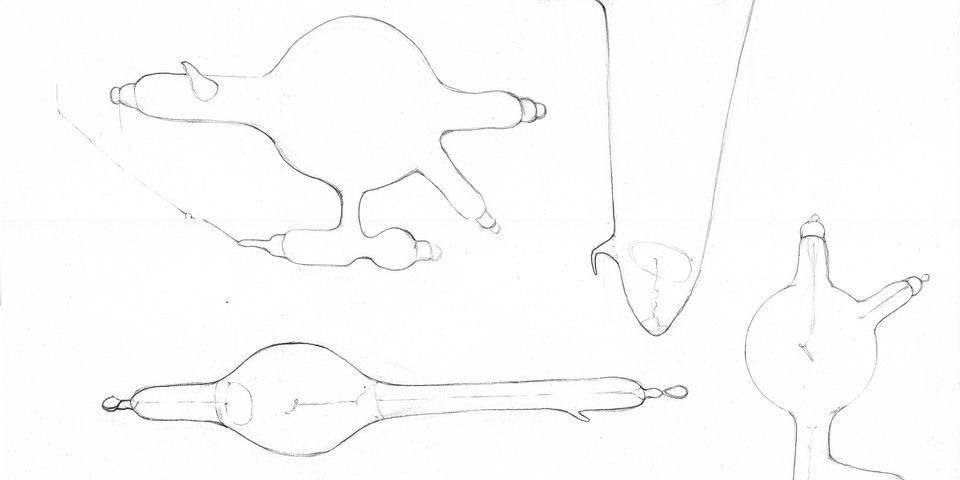
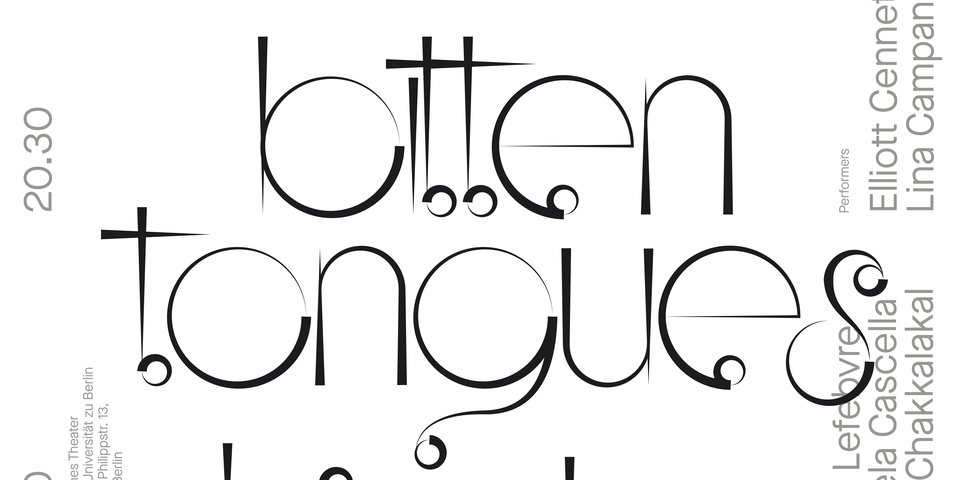
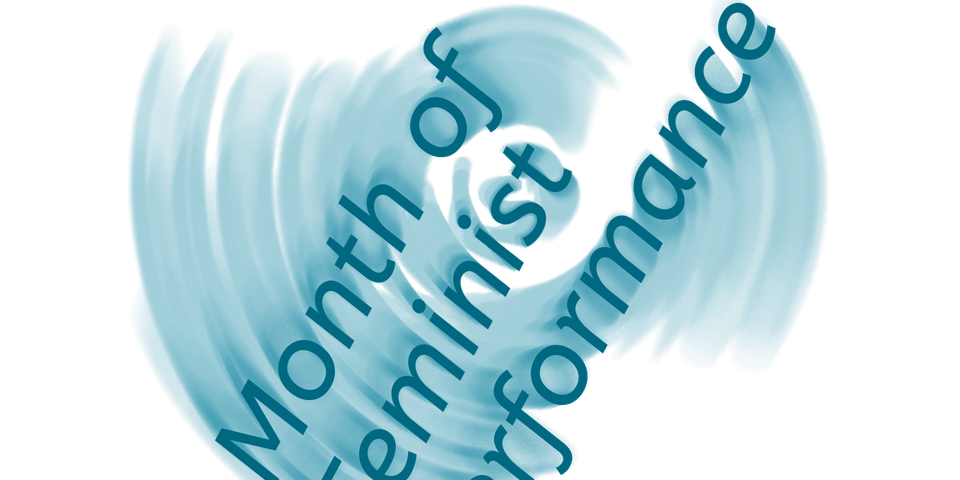
Gefördert durch

Hauptstadtkulturfonds

ASSEMBLE
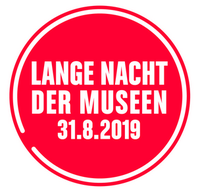
Lange Nacht der Museen

